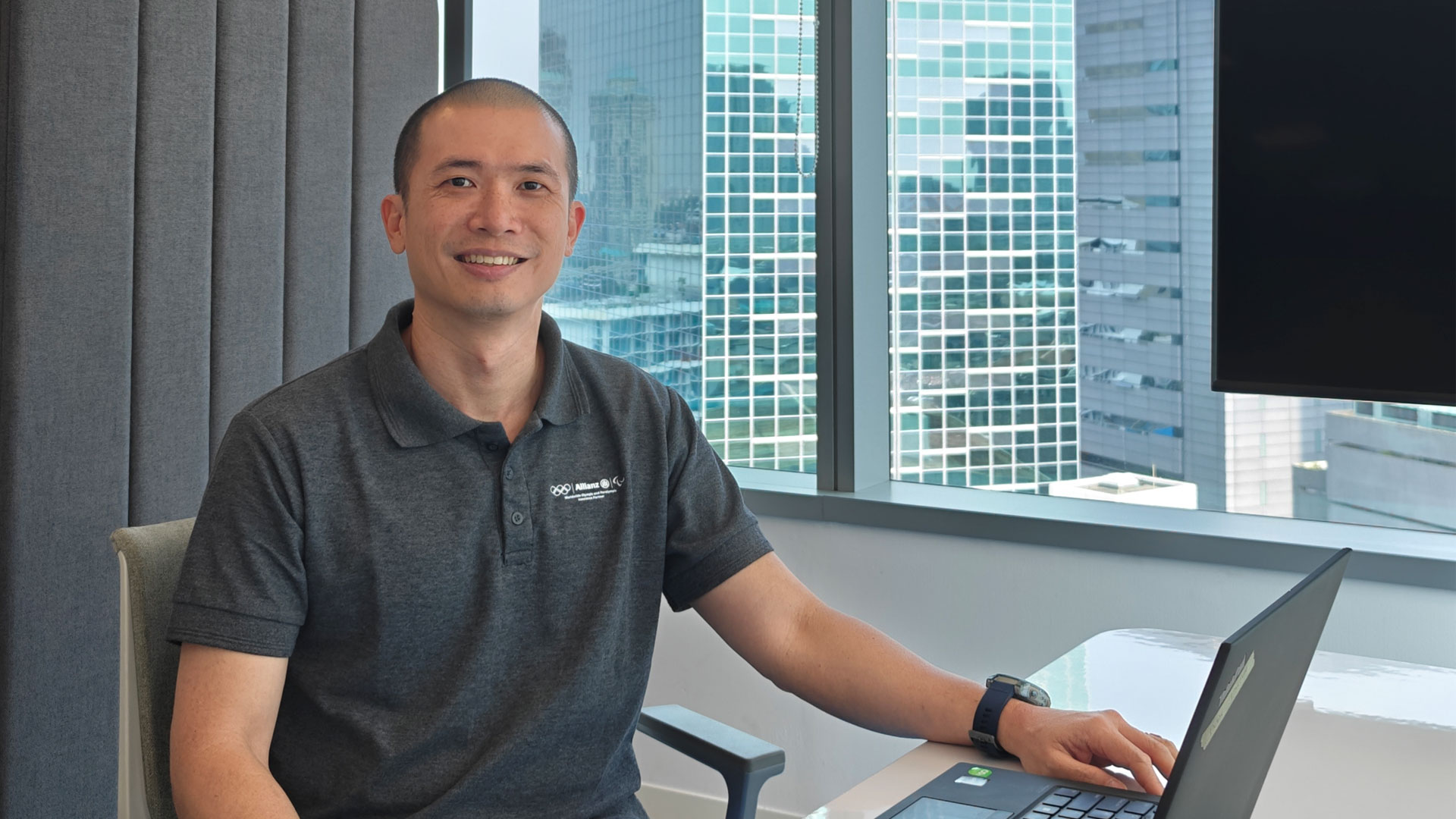
Ask ANZIIF Fellow Dony Sinanda Putra about his role, and he’ll describe himself as a Swiss army knife.
“I apply my skills and experience wherever needed, be it in underwriting, product and business development, data analytics, strategic planning, or even the relatively unknown area of Sharia Insurance,” says Sinanda Putra, who is a General Manager at Allianz Utama Indonesia.
Sinanda Putra’s career path in insurance has been unique, especially within Indonesia's general insurance landscape, where many see insurance as a last-resort career.
After a university class on risk and insurance management ignited his interest, he decided to focus on insurance.
“The history of insurance fascinated me. It began as a basic mechanism to help people facing unfortunate events, and I see it as a noble industry.”
Utmost good faith
With this conviction, Sinanda Putra has dedicated over 20 years to the field, holding the “uberrima fidei” (utmost good faith) principle close to his heart.
His career began at Sinar Mas Insurance, where he worked on promotional projects, before moving to Lippo General Insurance, which honed his technical expertise in retail products and business development.
Sinanda Putra later joined AIG Indonesia to oversee auto products and briefly relocated to Malaysia to support Etiqa Insurance with its expansion project into Indonesia.
On his return Sinanda Putra joined Allianz Utama, to lead product development and underwriting, recently spearheading a rigorous Sharia Spinoff project.
He asserts that the perception required for decision-making entails an unvarnished view of reality, including the pros and cons of every circumstance.
“If you love someone, you accept them as they are, even with their flaws,” he says by way of example. “Having identified a flaw, a person can choose to improve rather than hiding it behind heavy cosmetics.”
This pragmatic approach has been both a strength and a challenge in his career.
“I tend to be straightforward, sometimes blunt in sharing critical truths,” he concedes. “My self-improvement efforts over time have often been learning to deliver messages smoothly without losing candour — a work in progress, even now.”
Bold opinions
Sinanda Putra’s honest approach extends to his sense of professionalism in the insurance industry. He says euphemisms can gravely mislead everyone involved, so he doesn’t hold back opinions on critical issues, like the “commission war” within the Indonesian general insurance market.
“In the Indonesian General Insurance market, tariffs apply to the two largest lines, Property and Motor,” he says. “These tariffs include an acquisition cost cap, which is covered by the gross premium paid by the insured.”
Meanwhile, the acquisition cost can either be directed towards commissions for intermediaries or brokers, or it can be applied as a discount for the insured.
“Knowing this structure, most insureds request the maximum discount allowable under the tariff, which exhausts the acquisition cost portion and leaves no room for intermediary commissions,” he explains.
“Intermediaries then request additional support from insurance companies in the form of unregulated ‘marketing fees’.”
To illustrate, Sinanda Putra says the formal acquisition cost for motor insurance is set at 25% of the gross premium — a high rate compared to other countries.
However, “marketing fees” can sometimes reach an additional 25%, meaning acquisition costs can total up to 50% of the gross premium. This practice has continued and worsened over the years.
Pragmatic Sharia strategy
In addition, as Head of Sharia, Sinanda Putra is sceptical of the widely proclaimed potential of Sharia insurance, evidenced by Indonesia’s large Muslim population. “You can make things look appealing and repeat them to create agreement, but in the end, the data will speak for itself,” he says.
While Indonesia’s census data for 2024 shows that 245 million Indonesians identify as Muslim, Sinanda Putra questions whether this fact directly translates to demand for Sharia insurance.
"Given current regulation requires Sharia insurance business units to spin off from their conventional parent companies, it remains to be seen how well Sharia insurance operations manage the challenges and opportunities of running independently," he says.
“Thirty years after the inception of Sharia insurance in this country, it still represents less than 5% of the general insurance market."
Combined, general insurance and Life Sharia insurance comprise less than 10% of the entire Indonesian insurance industry.
Drawing on his experience with Etiqa Malaysia, Sinanda Putra argues the first challenge is to encourage Indonesians to purchase insurance in any form.
“Only then can the benevolent Takaful concept be introduced based on its unique merits, rather than relying on religious sentiment to promote Sharia Insurance,” he says.
While not a Muslim himself, Sinanda Putra says the Sharia Insurance concept of “Tabarru” aligns with the historical purpose of insurance — a pool of funds directed towards helping people hit with misfortune.
“The Arabic term may make it sound alien, but when explained properly, the concept resonates with me, so it can resonate with others too,” Sinanda Putra says.
Passion for learning
Along with his technical prowess, Sinanda Putra’s passion for learning has seen him well educated.
He holds a Bachelor of Economics, a Master of Management and multiple risk and insurance certifications, including his ANZIIF Fellowship. With his academic and professional achievements earning him a scholarship from Liverpool John Moores University, he is pursuing a Master of Science degree in Psychology online.
Why psychology?
“Personally, I have a growing interest in the concept of well-being," he says, "and professionally, when you work with an intangible product like insurance, the core benefit is ‘peace of mind’.
“Psychology plays a crucial role in developing countries like Indonesia where financial literacy is still quite low, and without government mandates, insurance awareness isn’t widespread. Psychology holds the key to each individual's decision to purchase insurance voluntarily.”

Comments
Remove Comment
Are you sure you want to delete your comment?
This cannot be undone.